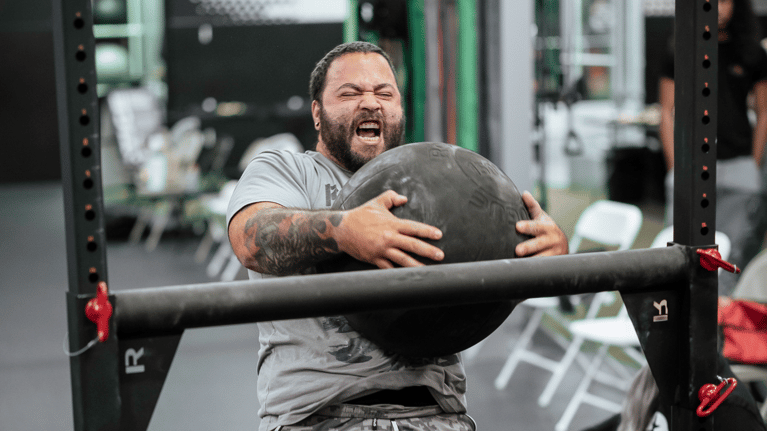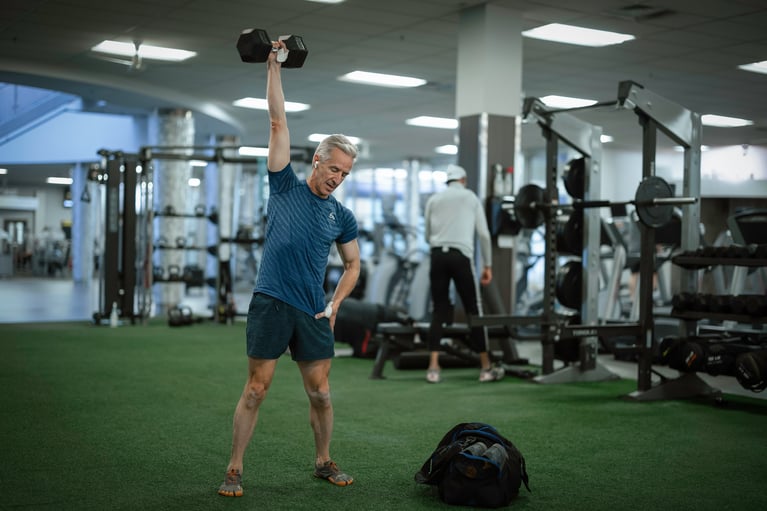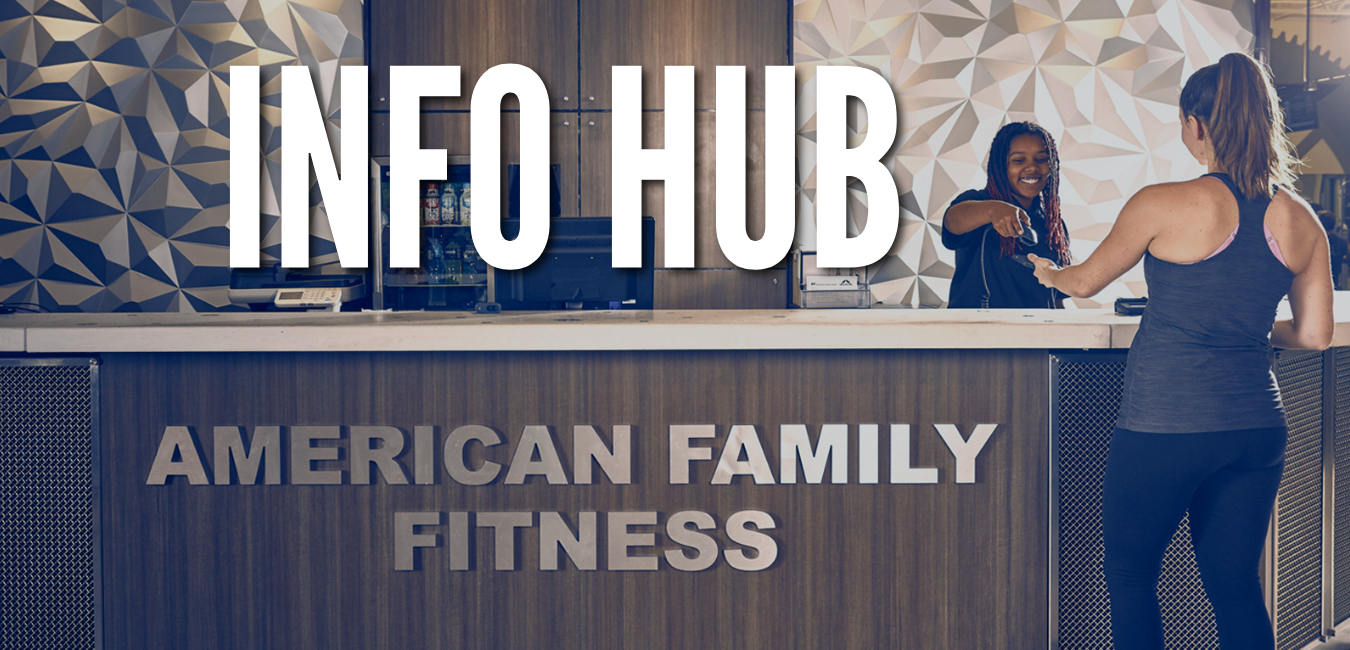
I began running ten years ago to explore a new city I had just moved to and to stay healthy while embarking on a new chapter of my life. Running came easy to me because all I had to do was lace up my shoes and walk out the front door, but I never knew how long or how fast I would go. I just went. Fast forward a few years and I have much more control on my runs because I put more thoughts into my nutrition and rest. I have learned how bad it feels to run 20 miles without a sip of water and how helpful a mere 30 grams of carbohydrates is when it feels like I cannot take one more step during a race. Four marathons later, including Boston this past year, I want to share some tips with any members who may be runners too.
- Hydrate, Hydrate, Hydrate! Exercising while dehydrated means your muscles won’t get the blood and oxygen they need to perform at their best. To ensure you are well hydrated, evaluate your hydration status prior to exercising. If your urine is clear to pale yellow, you are likely well hydrated. Fluid needs differ based on the person along with the intensity and duration of exercise- a registered dietitian can help you calculate your sweat rate and come up with your own fluid plan. Keep in mind that when you sweat more and exercise for longer durations and intensity, fluid and electrolyte losses should be considered.
- Food fuel matters… A Lot! Do you struggle with feeling tired after exercising? It could be due to an irregular meal pattern or eating too many low nutrient processed foods. If you tend to eat the same foods from only one or two of the five food groups, you may not be getting all the necessary nutrients. A balanced diet that includes foods from all five food groups spaced throughout the day in multiple small meals and snacks should help you maintain good energy levels. If you are currently eating lots of processed foods, fried foods and foods high in sugar, work on replacing them with fresh fruits and vegetables, whole grains, lean proteins, low-fat dairy products, and healthy unsaturated fats.
- Time it Right! Inadequate fuel before endurance exercise negatively impacts your body’s carbohydrate stores and increases the chance of impaired performance. Eating too much right before exercising can also ruin a workout. Plan to eat something light, like a banana, 30-60 minutes before exercise; or have a more substantial meal, like a peanut butter sandwich with fruit and some yogurt 1-4 hours before exercise. If you are an early morning runner and don’t like to eat before you run, include wholesome carbohydrates, like whole grains or starchy vegetables, with your dinner the night before your run.
- You Can Only Store So Much! Your body stores carbohydrates that you use during exercise, but at some point, those stores run out if you are not replacing them. If you plan to run for more than an hour, fuel with 30-60 grams of carbohydrates for each additional hour you continue to exercise. To avoid stomach upset during intense exercise, consume easy to digest carbohydrates like an energy gel, energy chews, or sports drinks.
- The Key to Recovery! Weigh yourself pre and post-exercise to determine sweat loss. A dietitian can help you determine an appropriate rehydration strategy based on this information. Eat a snack or meal within an hour after exercise that contains both carbohydrates and protein to refill your tank and aid in recovery.
- Practice What You Eat Before You Compete! Don’t ruin race day by trying something new. Everyone’s body is different, so practice your fueling strategy when you are training. You may find that a sports drink works best for you while a gel may work best for your running partner. Whatever it is that works, stick with it and be consistent with your training.
Whether you are running a 5k or a marathon, I know from experience that hydration levels and food choices impact training, race day performance, recovery, and the overall experience. I encourage you to put some thought into what you eat and drink, so each run keeps you lacing up your shoes. I hope to run into you at the next race!
Callie Yakubisin, RD, CNSC
American Family Fitness Registered Dietitian
To schedule a nutrition consultation, contact Callie at nutritionservices@amfamfit.com
Article contributed by Geraldine Chapman
Geraldine Chapman is the Director of Information Marketing & Social Media at American Family Fitness in Richmond, VA. She’s been in the fitness industry professionally since 1997 as a personal trainer, group fitness manager, and fitness instructor. She has trained and certified in multiple fitness programs over the years. Her favorites to teach are barre, Active®, Blast®, and Power®. Geraldine graduated from Virginia Commonwealth University with a B.A. in Communication Arts & Design. She is also a Certified High-Performance Coach and Applied Neuro Strategist. She is passionate about researching autoimmune diseases and how lifestyle, fitness, nutrition, and mindset play a vital role in the prevention and management of autoimmune issues. When not working, you can find Geraldine with a camera in hand, enjoying quality time with her family and riding her motorcycle around town.






